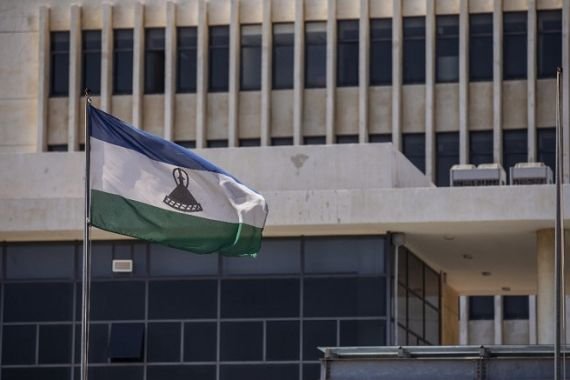Lawmakers in Lesotho are set to debate a motion on Wednesday that proposes reclaiming large areas of land from neighbouring South Africa. The motion, put forward by an opposition MP, aims to have South Africa’s entire Free State province, which borders Lesotho, as well as areas of four other regions, declared as part of Lesotho. The disputed regions were historically inhabited by the Basothos, a people from southern Africa’s Bantu ethnic group who represent a large majority in Lesotho. The motion is based on a 1962 UN resolution that recognised the right to self-determination and independence for the people of Basutoland, as Lesotho was then called. If passed, the motion could lead to the territorial claim being turned into law. However, Lesotho’s economy is heavily dependent on that of South Africa, which entirely surrounds it.
Lesotho is a landlocked country and is completely surrounded by South Africa. As a result, Lesotho’s economy is heavily dependent on its larger neighbour. Most of Lesotho’s exports go to South Africa, and a significant portion of its workforce is employed in South Africa, particularly in the mining sector. South Africa also provides Lesotho with access to its ports, which are crucial for the import and export of goods. This dependence on South Africa has both benefits and drawbacks for Lesotho’s economy. While it provides access to a larger market and employment opportunities, it also means that Lesotho is vulnerable to economic shocks and policy changes in South Africa.
